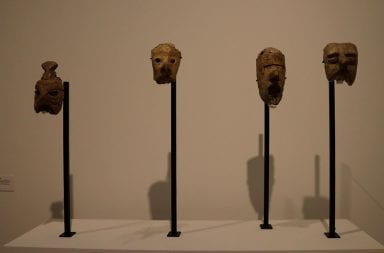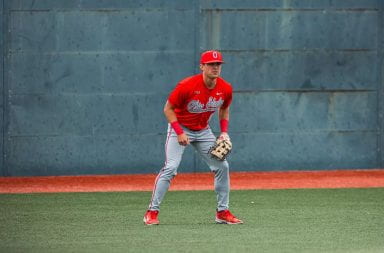I, Zack Meisel, an aspiring journalist, used Spark Notes.
I didn’t use them to help my performance on exams. I only used them when necessary to assist me in catching up on missed reading assignments in high school.
Trust me, Spark Notes can’t explain a character’s symbolization of love. Spark Notes can’t produce a detailed essay exploring a novel’s motifs.
Ever since I was young, I’ve been a skilled writer. I can confidently declare that reading Spark Notes did not affect my grades in any way. I still would have fared well in English classes without the extra boost from the ‘Notes.
This is the hardest thing I’ve ever had to do, to admit to such wrongdoing (now choking up, holding back tears).
Hopefully my admission to such a heinous act won’t deter voters from considering me for the Journalism Hall of Fame one day.
Coming clean about my dependence has given me vindication. It cleanses my soul that I can finally talk about the past.
Enter Mark McGwire.
The once-robust home run machine has received a paltry portion of the vote for the Hall of Fame. So — coincidentally, we are to believe — just one week after Andre Dawson was the only slugger selected to baseball’s exclusive club, McGwire finally pronounced his sorrow for juicing up during the ‘90s.
He attributed his steroid use to aiding in his recovery from countless injuries. He claimed that not one of his 583 home runs resulted from an injection of any performance enhancing substance.
And yet, no one seems satisfied.
Even Ray Charles could see that the likes of McGwire, Sammy Sosa, Barry Bonds and hundreds of others were using during the 15-year steroid rage, but hindsight is 20/20. No one seemed to care about all of the bulging biceps in 1998 when Big Mac and Slammin’ Sammy were jockeying for the main slice of MLB home run history.
The torrential downpour of steroid revelations has stirred up a cloud of hypocrisy around baseball’s most controversial era. We want athletes to be truthful, but our memories of those athletes become tarnished once they admit to “cheating.” Don’t ask for the truth if you’re afraid to hear it.
Whether McGwire and Co. should earn a spot in the Hall of Fame depends on the consensus opinion of baseball experts around the country. The problem is, we’re far from a unanimous viewpoint.
No one is buying McGwire’s assertion that the juice didn’t enhance his play on the field. But what purpose do his admittance and apology serve if the public can’t agree on its reaction to it?
We all suspected the man of loading up syringes during his career, so why is it now that we jump on his decrepit back? Did his admission really re-shape anything anyone assumed about him?
McGwire wouldn’t talk about the past before a congressional hearing in 2005, and he wasn’t the only one looking foolish on the stand. Sosa suddenly forgot the English language and Rafael Palmeiro lied through his teeth.
Finally, though, when the man decided to open his closet full of skeletons, no one was content with the confession.
The guy clearly messed up, along with hundreds of others, many of whom haven’t been made public yet. We know that for an extended period of time, the sport of baseball was completely diluted.
But followers of America’s pastime must arrive at a consensus about what treatment these untruthful athletes should receive.
Last May, Dodgers outfielder Manny Ramirez earned a 50-game suspension for testing positive for a banned substance. Immediately upon his return, he was embraced by his Los Angeles following. Fans brushed his misdeed under the infield grass, as if he never cheated. Ah, Manny just being Manny.
That’s the double standard that keeps Major League Baseball in limbo. Both Ramirez and McGwire knew the effects and consequences of their actions. For McGwire, there were no potential punishments. Yet, he is the one crucified after revealing his transgressions.
It’s time to implement an even playing field for all athletes linked to performance enhancers.
I fessed up to my Spark Notes use. I knew what I was doing was wrong. I can only hope that my ninth-grade English teacher forgives me.


